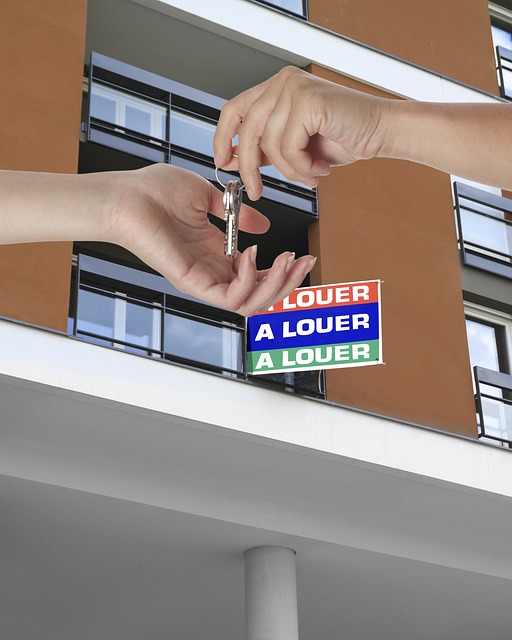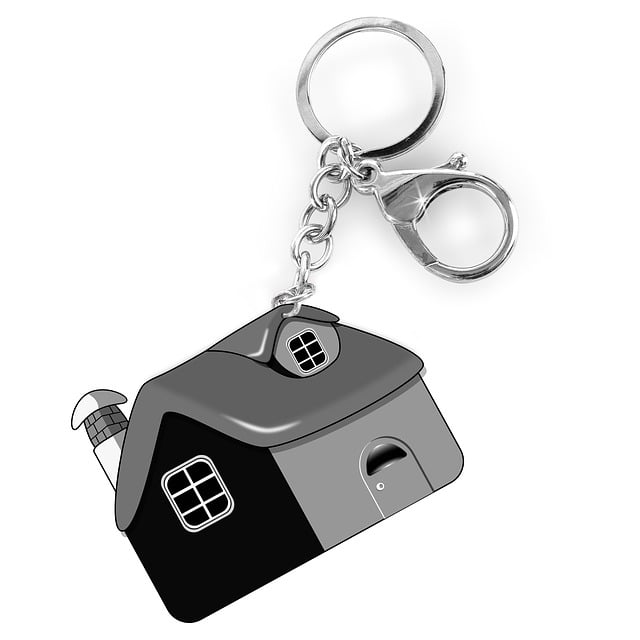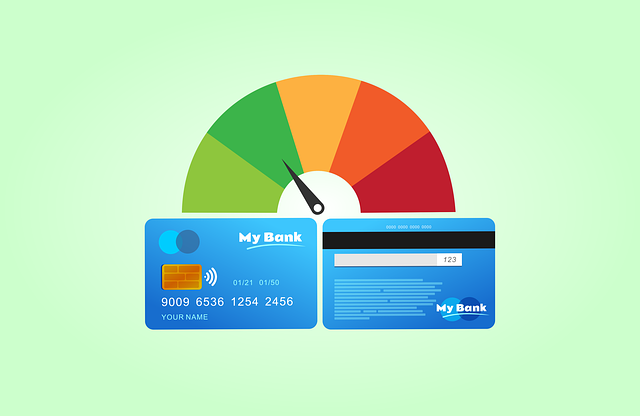Criminal background checks are crucial for secure renting, benefiting both landlords and tenants. They help landlords mitigate risks by assessing criminal histories, protecting investments, and fostering trust. Tenants gain peace of mind and transparency. These checks narrate individual stories, promoting informed decision-making while preventing unfair discrimination. Digitization streamlines the process, enhancing accuracy and efficiency, and simplifying tenant screening. Fair practices ensure unbiased screening, minimizing negative impacts on housing opportunities.
In today’s world, understanding the importance of criminal background checks for tenants is paramount for both landlords and renters. This comprehensive guide delves into the essence of these checks, exploring their multifaceted benefits in protecting stakeholders across the rental spectrum. From safeguarding properties to fostering equitable opportunities, we dissect the impact of checks on renting, offering insights into essential rights, responsibilities, and emerging digital trends that shape this vital process.
- Protecting Landlords and Tenants Alike: The Basics
- Criminal Records: More Than Just A Number
- Impact on Rental Agreements: Rights and Responsibilities
- Enhancing Safety: Preventing Potential Hazards
- Fair vs Biased: Addressing Check Equity
- Future of Renting: Digital Checks and Trends
Protecting Landlords and Tenants Alike: The Basics

Criminal background checks play a pivotal role in safeguarding both landlords and tenants, forming the bedrock of a secure renting experience. For landlords, these checks are essential tools to mitigate risks associated with tenant selection, protecting their investments from potential legal issues or financial losses stemming from criminal activities. By assessing a candidate’s past, landlords can make informed decisions, ensuring they rent to responsible individuals who respect property and comply with legal obligations.
On the other hand, background checks also offer tenants peace of mind, as they help uncover any red flags that might impact their safety and well-being in the rental property. Understanding the impact of these checks on renting fosters a culture of transparency and trust, where both parties can navigate the process with confidence, knowing the risks and responsibilities involved in the tenant-landlord relationship.
Criminal Records: More Than Just A Number

Criminal records are more than just a number; they tell a story of past actions and behaviors that can significantly impact an individual’s future, especially when it comes to renting. A criminal background check is not merely about identifying previous offenses but also understanding their nature, severity, and how well the individual has rehabilitated themselves since then. This holistic view is crucial in the rental process as it helps landlords make informed decisions, ensuring a safe and responsible living environment for their properties.
The impact of these checks on renting cannot be understated. They provide a layer of protection for both landlords and future neighbors by revealing potential risks. However, it’s essential to interpret the results within the context of personal growth and rehabilitation. Many factors contribute to someone’s criminal history, and understanding these nuances can prevent unfair discrimination while fostering second chances for those who have shown genuine reform.
Impact on Rental Agreements: Rights and Responsibilities

The impact of criminal background checks on renting is profound, reshaping the dynamics between landlords and potential tenants. These checks serve as a critical tool to safeguard property owners, offering them invaluable insights into a candidate’s past. By examining an individual’s criminal history, landlords can make informed decisions, ensuring they rent their properties to trustworthy individuals. This process significantly reduces the risk of damage to property, non-payment of rent, or even illegal activities within the premises.
In the realm of rights and responsibilities, background checks uphold fairness in renting. They empower landlords to maintain a safe living environment for all residents while allowing tenants to demonstrate their fitness as responsible renters. When conducted transparently and ethically, these checks foster trust and accountability, ultimately contributing to a more stable and harmonious rental experience for both parties.
Enhancing Safety: Preventing Potential Hazards

Criminal background checks play a pivotal role in enhancing safety and preventing potential hazards within rental properties. By conducting thorough screenings, landlords can gain valuable insights into an applicant’s history, allowing them to make informed decisions about tenant suitability. These checks serve as a protective measure, ensuring that individuals with a history of criminal activity are not overlooked, thereby mitigating risks associated with unvetted tenants.
The impact of such checks on renting is profound. They help identify individuals who may pose a threat to the property, other tenants, or even themselves. This proactive approach to safety can deter those with violent tendencies or a pattern of illegal behavior from gaining access, fostering a secure and harmonious living environment for all residents.
Fair vs Biased: Addressing Check Equity

The fairness and accuracy of criminal background checks are essential considerations in the renting process, especially as these checks can significantly impact an individual’s ability to secure housing. One of the primary concerns is ensuring that these checks are unbiased and equitable, preventing any form of discrimination based on factors unrelated to one’s fitness as a tenant. Historically, there has been criticism regarding the potential for bias in criminal record screening, where certain demographics may face disproportionate adverse effects.
Addressing this issue involves implementing rigorous protocols to verify the integrity of the data and the check process itself. It means employing methods that reduce the risk of arbitrary decisions based on racial, ethnic, or socio-economic backgrounds. By adopting fair and equitable practices, landlords can guarantee that their screening methods are just, allowing them to make informed decisions while mitigating any negative impact on individuals’ housing opportunities.
Future of Renting: Digital Checks and Trends

The future of renting is here, and it’s increasingly digital. As technology advances, criminal background checks for tenants are also evolving. Gone are the days of manual, paper-based processes that could take weeks to complete. Today, landlords and property managers can conduct these checks online in a matter of minutes using digital platforms. This shift not only speeds up the application process but also enhances its accuracy and efficiency.
Trends indicate that digital background checks will continue to gain traction due to their convenience and accessibility. Online systems allow for real-time data verification, reducing the risk of fraudulent information. Moreover, they provide a comprehensive view of an applicant’s history, helping landlords make informed decisions about who should live in their properties. The impact of these digital checks on renting is profound, ensuring safer, smoother, and more secure tenant screening processes.






